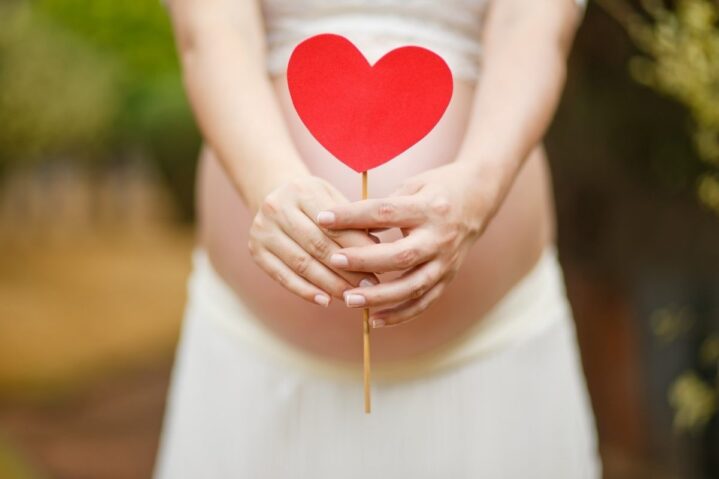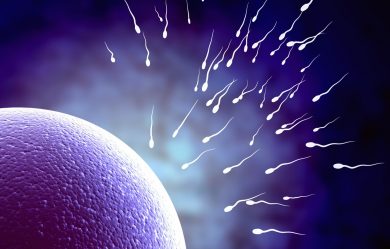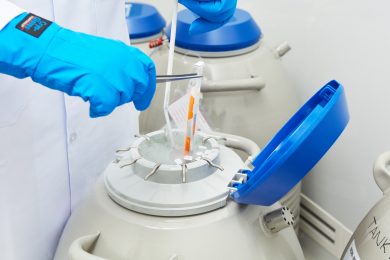
Five Fertility Facts (or Fiction?) part 1
Dr Patsama Vichinsartvichai MD MClinEmbryol. Fertility Specialist, Medical Director INSPIRE IVF
There is much information regarding fertility that you can access at your fingertips. Unfortunately, not all of what you read is true. Especially in Thai internet support groups, you read a lot of incorrect information, herbal tea recommendations or famous ritual practices for having children.
Here are five common fertility facts (or fiction?) we often find:
Sperm: the older, the better – fiction

Let the edible stuff like wine and cheese get better with age. Sperm doesn’t! After sperm cell division and shaping into head, neck and tail (spermatogenesis and spermiogenesis), sperm is then transported into a storage tube called the ‘epididymis’ where the motility is gained. The longer they stay there, the more dead sperm are contained in the epididymis. Finally, there is an increase in reactive oxygen species (ROS) and sperm DNA damage prevails
40 is the new 30 – fiction

When we put the female factor into
Many couples get married in their late 20s

After an egg is released, it can be fertilised for up to two days – fiction.
While sperm can hang around and wait for their date with an egg for three or more days, the shelf life of an egg after release is only 12/24 hours. The chance that you can have natural conception is maximum 2 days before ovulation until the day of ovulation. Just one day after ovulation, the chance of pregnancy falls to zero.
Fertility diet can improve your egg quality – fiction.
There is no evidence that any diet or supplements can improve the quality of an egg beyond its current potential. Supplements might slow down the degenerative process of eggs but they can’t make the egg better. The age of the women is the main determinant of the egg quality.
Please look for Five “Fertility Facts (or Fiction?)” part 2 in the next issue of Expat Life in Thailand.
On your most important journey,our inspiration will guide your way.
Special offer for Expat Life in Thailand readers: We are offering a free medical consultation with one of our Fertility Specialist Clinicians for all readers. Please mention this article when you make an appointment with our clinic.
www.inspireivf.com
[email protected]
+66 2251 8666



